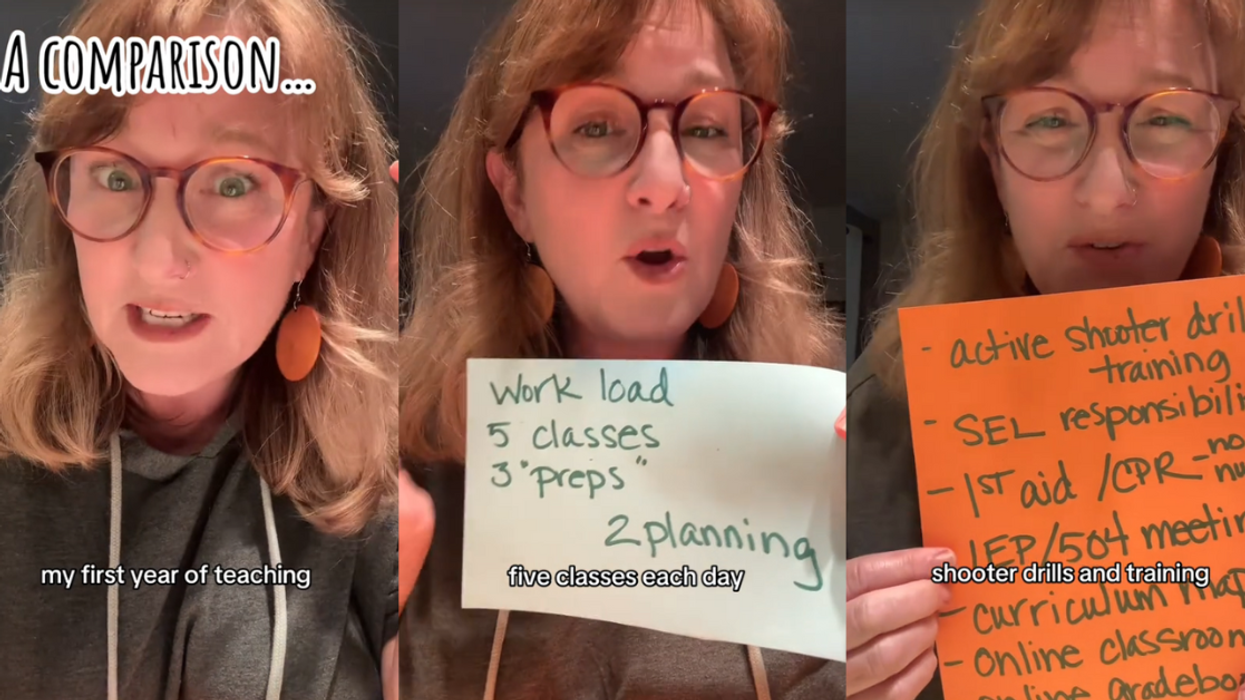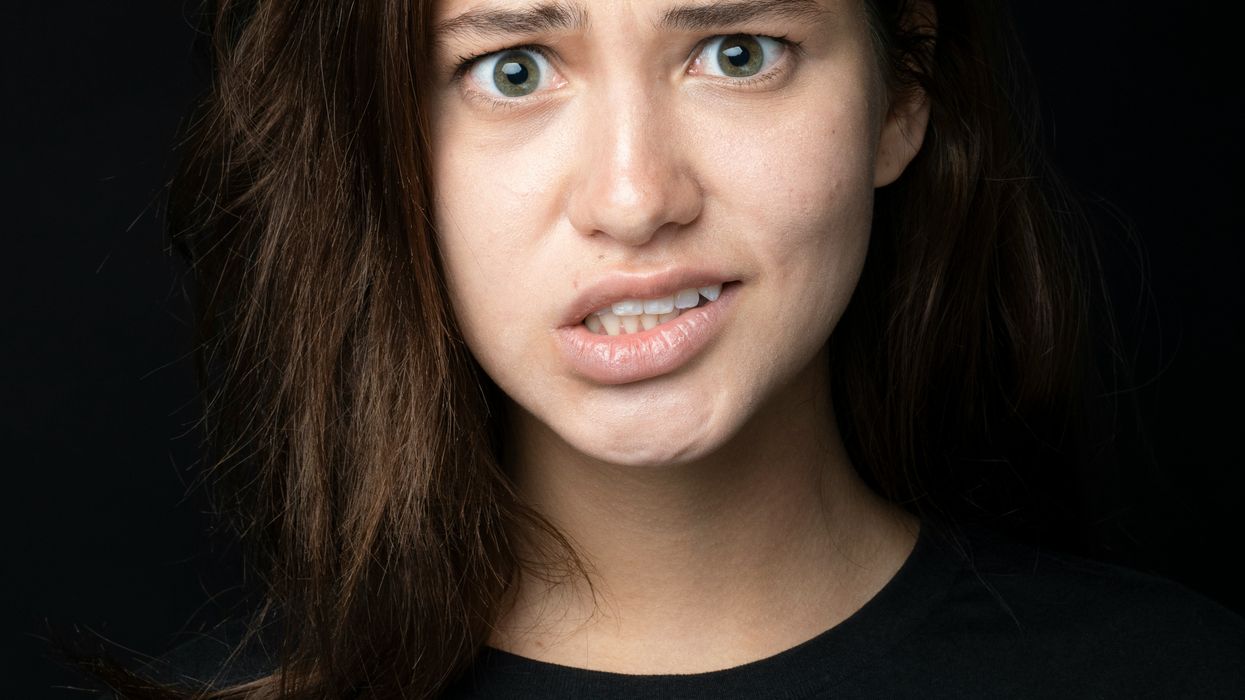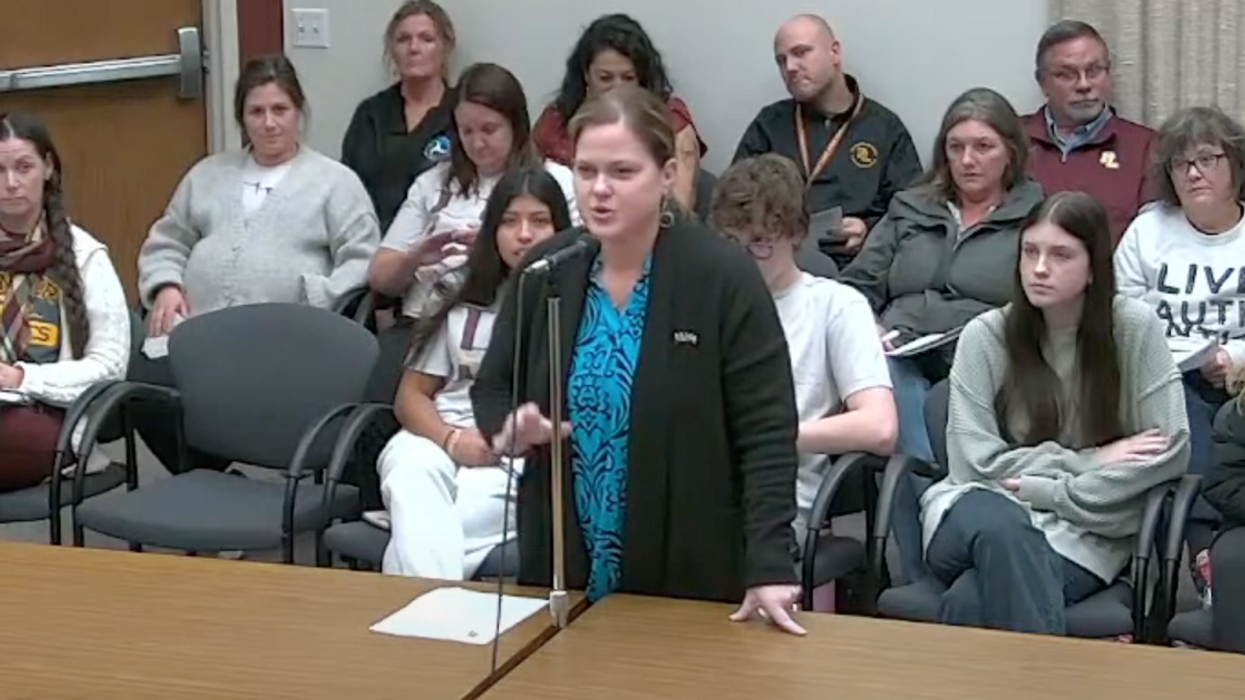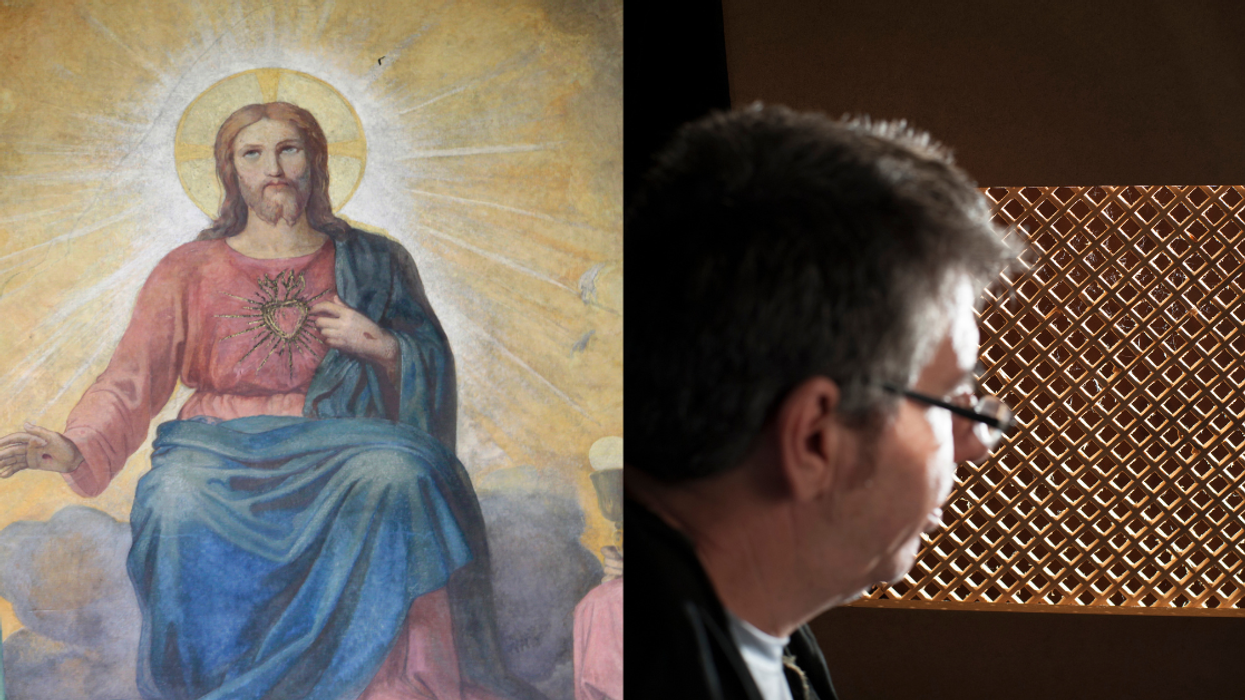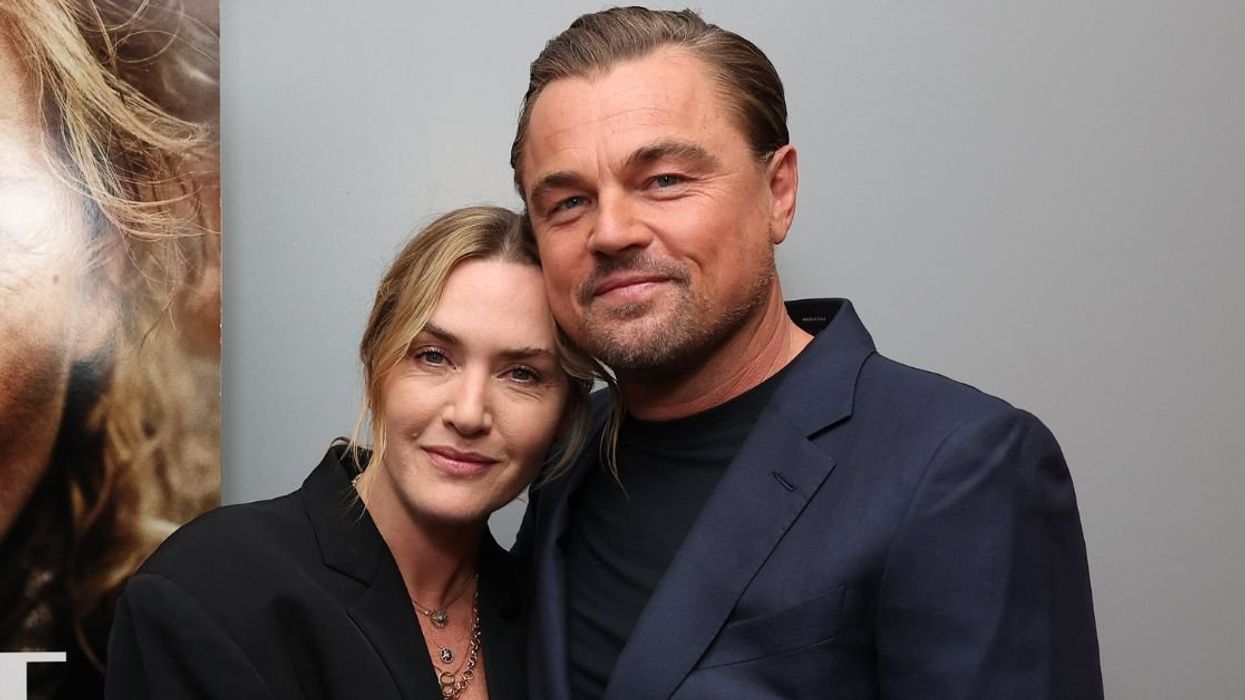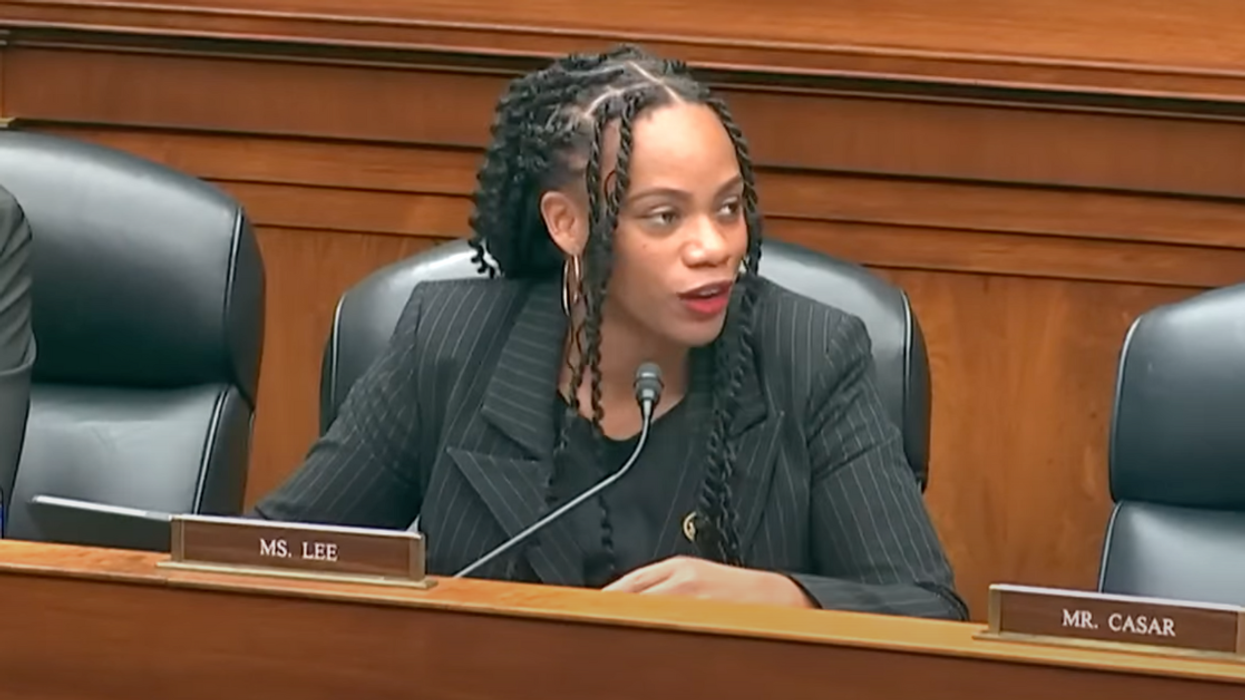Snapchat filters are immensely popular among users of the app. Along with their obvious features like widening people's eyes and adding dog noses to their faces, the filters also change people's appearance in more subtle ways. Though many are unaware of this, the app is also known to "remove blemishes, slim the face, and create symmetry." Plastic surgeons and other body-image experts believe this is causing a new mental health issue they've been calling "Snapchat dysmorphia."
SelectAll defines Snapchat dysmorphia as:
A type of body dysmorphia — a condition in which a person ruminates on perceived flaws — triggered by people wanting to look the way they do altered by a Snap filter.
Dr. Neelam Vashi, director of the Boston University Center for Ethnic Skin, toldInverse:
People bring in photos of themselves at certain angles or with certain kinds of lighting. I just see a lot of images that are just really unrealistic, and it sets up unrealistic expectations for patients because they're trying to look like a fantasized version of themselves.
An article recently published in JAMA Facial Plastic Surgery spoke of an uptick in the number of patients bringing in their own edited selfies and asking to look more like their photos. JAMA believes this is, ultimately, an unhealthy desire:
This is an alarming trend because those filtered selfies often present an unattainable look and are blurring the line of reality and fantasy for these patients.
Nonetheless, reports see a noticeable increase in Snapchat-releated procedures from plastic surgeons:
Despite wariness on the part of the surgeons, the patient demand for such procedures is increasing. According to the American Academy of Facial Plastic and Reconstructive Surgery, 55 percent of clinicians saw patients who "wanted to look better in their selfies" in 2017 — an uptick of 13 percent from the previous year. This same report called social media "a cultural force" with the power to change the plastic surgery industry.
Vashi also speaks of the timelines his customers have come to expect based on how quickly an app can remove their blemishes:
Sometimes I have patients who say, 'I want every single spot gone and I want it gone by this week or I want it gone tomorrow' because that's what this filtered photograph gave them," she said. "They check off one thing, and it's gone. That's not realistic. I can't do that. I can make people a lot better, but it will take me a lot more time than a week and it won't be 100 percent.
Northwestern University psychology professor Renee Engeln spoke of how constant exposure to our own edited images can have a negative impact on the psyche during a 2013 TEDx Talk:
While he decries its effects, Vashi doesn't see an end to Snapchat dysmorphia anytime in the near future:
It sounds like people are still going to do it because they like it. They like the way they look," she said. "I'm just one small person in a big world, I can't change everything, but I can make people aware and recognize and know that it's not the real world. It's like living in a fantasy.
H/T - Chicago Tribune, SelectAll, Inverse




